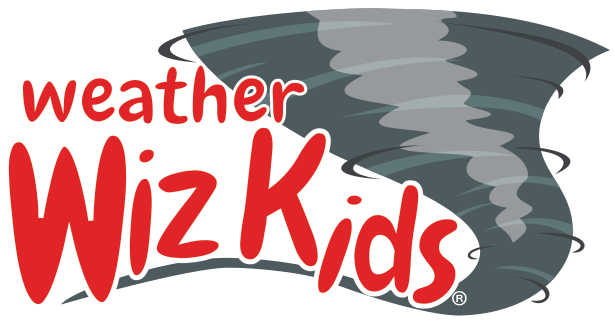Career Corner
Becoming a Meteorologist
Meteorology is a tough college major. The courses are challenging, but with a little planning and dedication you can get through it. Your planning should start in high school. Meteorologists need to be good at math and science, so take all the courses that you can! If your school offers calculus and physics, take these two classes because they’ll help you a lot once you get into college.
The basic requirement for becoming a meteorologist or a climatologist is a 4-year Bachelor of Science degree in Meteorology or Atmospheric Sciences. Some teaching, research or management positions require a Masters of Science degree or a Ph.D.
Just to give you an idea, some of the classes that you’ll be taking in college will be calculus, physics, dynamics, synoptics, and even computer programming courses. Meteorology is not an easy degree to get, but it one that is very worthwhile.
Whether you already know you want to become a meteorologist or if you’re really not sure, the best thing you can do is to shadow or intern with local meteorologists. This is extremely important because it allows you to have a hands on approach and really get to see how we forecast the weather. Just a note, most internships aren’t paid, but some of the forecasting techniques that you learn will be more valuable than money.
The two pictures below are of me at the chrome-a-key wall. This is the wall where I do the weather. There are monitors on both sides of the wall for me to look at.


This is the camera that you see me in, when you’re watching TV at home. I see my reflection in this camera, so I know where to point.

Jobs in Meteorology
There are many different fields of meteorology that you can get into. A large number of corporations and organizations are involved in weather forecasting. I’ve named a few jobs below, just to give you an idea of how important meteorologists are.
If you’re like me and want to take on a career in the media, then Broadcast Meteorology is the place to be. There are hundreds of television markets that you could work for and even some high profile ones as well. Some of these include The Weather Channel, CNN, and all of the major television broadcast networks. If you don’t like being in front of the camera, then you always can do radio or even work behind-the-scenes at a television station.

The Federal Government is one of the biggest employers of meteorologists. The National Weather Service has 120 offices around the country that forecast for specific areas. The National Hurricane Center, the Storm Prediction Center, the National Centers for Environmental Prediction, the Hydrometeorological Prediction Center, and the Tropical Prediction Center are all governmental organizations that also predict a variety of weather events. And that’s not all, the military also has there own meteorologists. The Air Force, Marines, Coast Guard and Navy each has its own meteorological services.
If you want to deal more with specific companies, you can get a job with Commercial Meteorological Organizations. These companies are found all across the country and vary from working for airlines or even electric power utilities, just to name a few.
There are also Meteorological Consulting Organizations that usually deal with air quality operations. Air quality work ranges from environmental impact assessments to operational forecasting for air pollution potential.
If you’re good at teaching stuff to other people, then maybe becoming a Meteorology Professor is the choice for you. There are over 100 colleges and universities in the U.S. and Canada that employ meteorologists in the academic world.
Colleges & Universities
Click Here for a complete list of colleges and universities in alphabetical order.
Click Here for a complete list of colleges and universities by degree offered.
Click Here for a compete list of colleges and universities by state.
